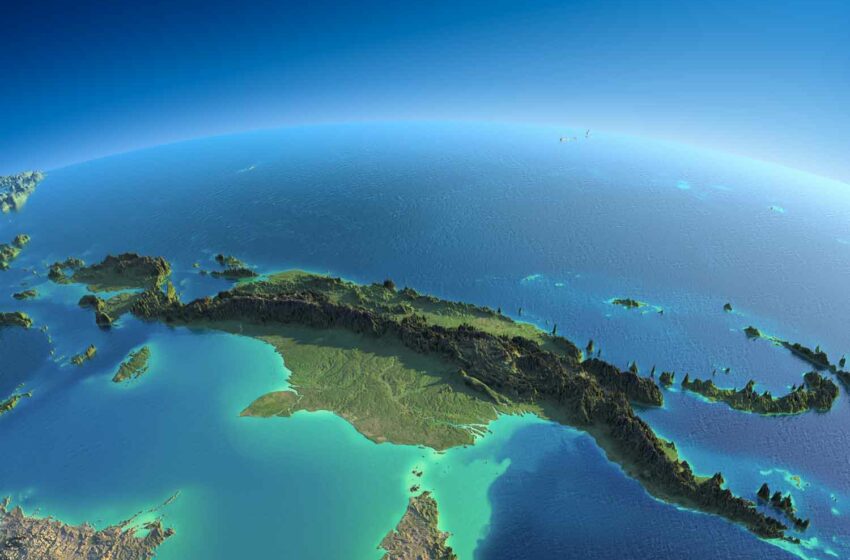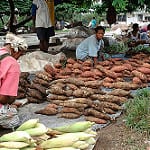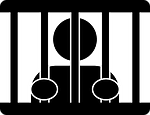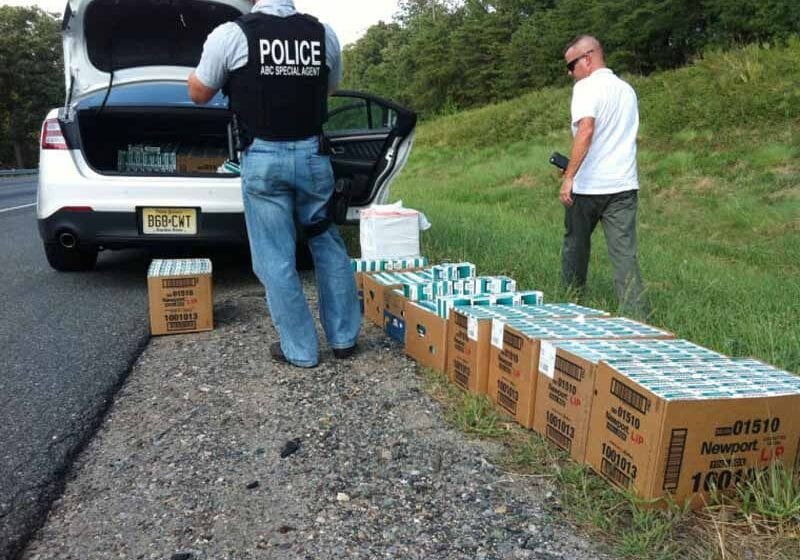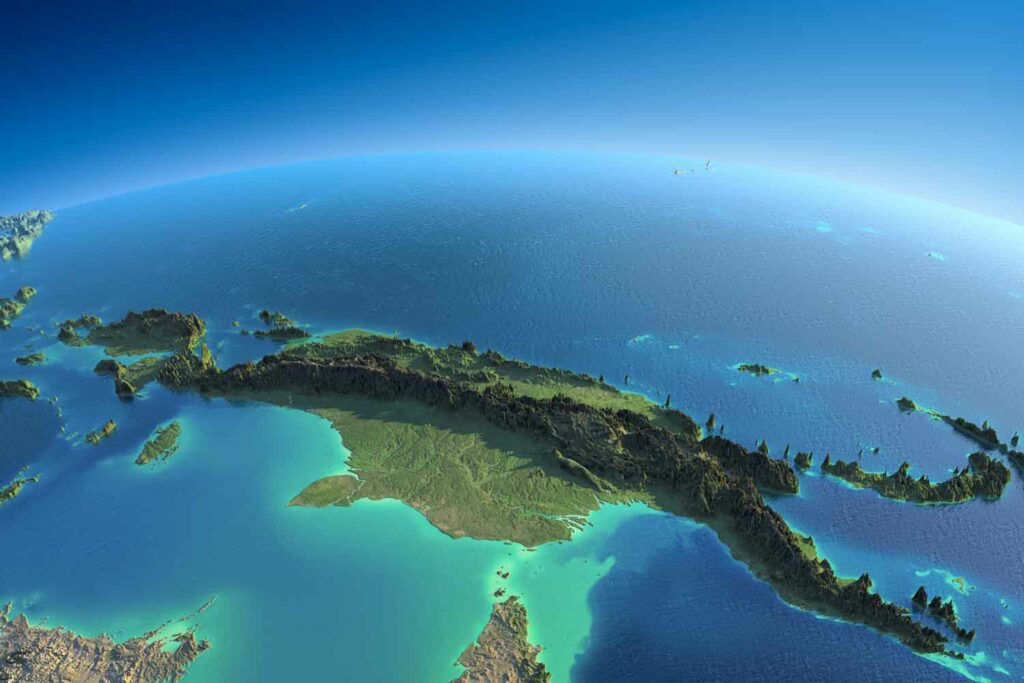
The prevalence of illicit cigarettes in Papua New Guinea has declined remarkably, report the Papua New Guinea Post-Courier and The National, citing a report by the Manufacturers Council of Papua New Guinea (MCPNG).
According to MCPNG CEO Chey Scovell, the share of tax-avoiding products has declined to 4 percent from 40 percent, allowing tax authorities to collect more revenue. “This is a massive drop, which has resulted in the PNG government taking back millions of kina in revenue from the illicit tobacco importers and sellers, when you consider that government was forgoing almost half a billion kina each year from untaxed illicit tobacco,” Scovell said.
He attributed this success to the implementation in 2019 of a new system to encourage manufacturers to produce and sell a smaller portion of their products at a reduced rate.
“By allowing a 50 percent discount on taxed supplies, a real problem coming from high taxes has been addressed,” said Scovell. Previous high tax rates led to more illicit consumption, he noted. “Consumers in PNG faced prices as PGK1.20 ($0.32) for legal products compared to the PGK0.50 for illicit alternatives.”
“Although there is still an ongoing battle to lower prices further, market observations reveal approximately 85 percent of consumers are shifting toward legal purchases,” Scovell said.
“I appeal to the government to continue this so we do not go back to 2018 levels of illicit tobacco flooding our markets and causing the government and legitimate business to lose out,” he said.

